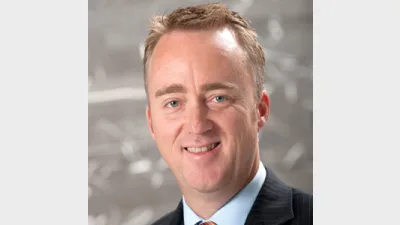White collars beating average life expectancy



Average life expectancy is not the only factor to consider when designing policy around superannuation, as many are likely to live beyond the average, Mercer research said.
Mercer studied the mortality rates of public sector pensioners, which showed 50 per cent of retiring white collar male workers are likely to live to 88 years, while 35 per cent could live to 91; 20 per cent could live to 94 and 5 per cent could live to 99.
This is well above the average life expectancy of 84.1 years for men.
For females, 50 per cent are likely to live to 91 years, 35 per cent until 93, and 20 per cent until 96, while another 5 per cent will live beyond 100.
The average life expectancy for females is 87.
"We know half of all public workers — which can fairly be extrapolated to apply to Australia's nearly eight million white collar workers — will live well beyond the average and we need to begin planning more accurately for financial security at a personal and macro level," Mercer managing director and Pacific market leader David Anderson said.
He said this will have consequences for individuals, businesses, and policy makers in relation to superannuation savings, investment portfolio construction, healthcare, aged care, finances, retirement, and the need for personal financial advice.
Partner at Mercer Richard Boyfield said it is risky for policy makers, super funds and individuals to use life expectancy as the bar for retirement planning.
He said private health insurance and aged care services could be important factors to consider when formulating financial plans for retirees.
The cost of a residential service can be $236 a day (around $86,000 a year), he said.
Recommended for you
Australia’s largest super fund, AustralianSuper, has announced multiple additions to its executive leadership team to focus on global growth and innovation.
Super Review rounds up last month’s biggest people moves in the superannuation industry, including a new fund chair and a private markets head.
Investment returns for the Future Fund hit a milestone in September, adding $200 billion in value for the first time ever.
Australia’s largest super funds have deepened private markets exposure, scaled internal investment capability, and balanced liquidity as competition and consolidation intensify.









